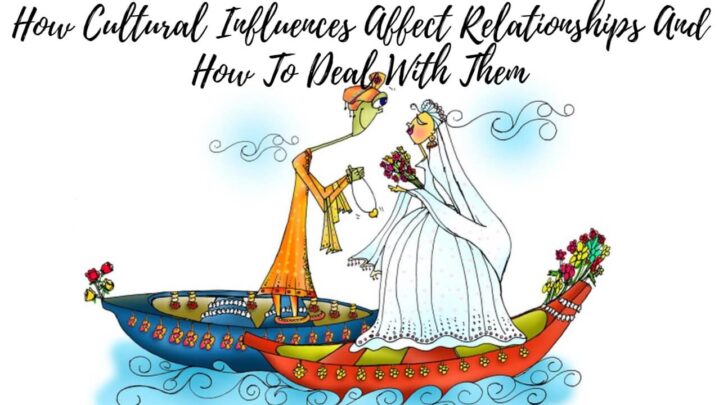Distinct cultures may have different expectations for communication, gender roles, and even physical touch. These cultural differences can cause misunderstandings and difficulties in relationships, whether romantic, family, or platonic.
Some cultures, for example, value individualism and independence more than others. This might lead to conflicts concerning decision-making and limits within a partnership. Furthermore, certain cultures may have stringent gender norms and expectations, which can cause conflict in relationships if individuals do not adapt to these expectations.
To deal with these cultural influences, you must first become aware of them and understand how they may be affecting your relationships. It is also critical to communicate openly and honestly about these cultural differences with your spouse, family, or friends. This can assist to avoid misunderstandings and disputes.
Another method is to study more about the other person’s culture and try to grasp their point of view. This can assist to develop empathy and compassion, which helps deepen relationships. Finally, it is essential to be adaptable and open to compromise. This is willing to modify your own actions and expectations to accommodate the cultural differences in your relationship.
Overall, cultural factors may have a big impact on relationships, but with knowledge, communication, and a willingness to compromise, these problems can be addressed and strong and healthy relationships can be built.
Also Read: The Advantages Of Functional Fitness And Training For Daily Motions





